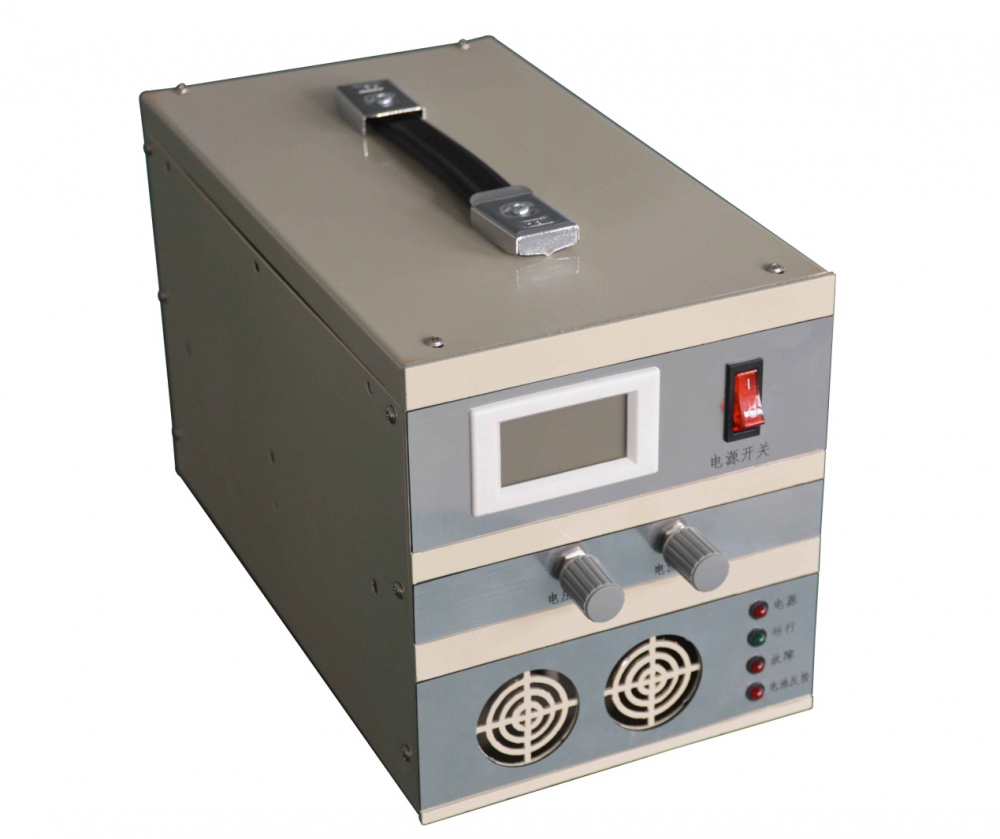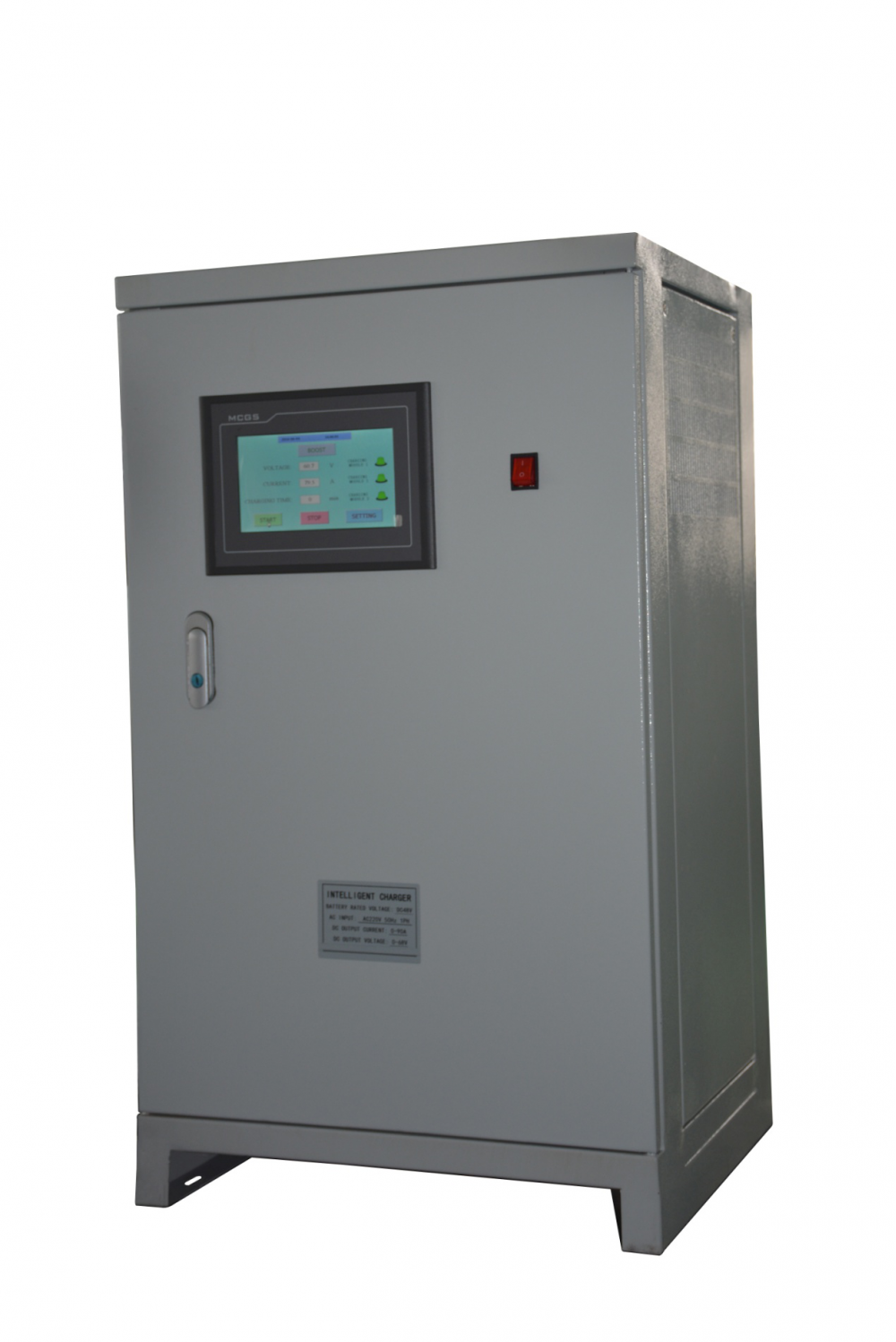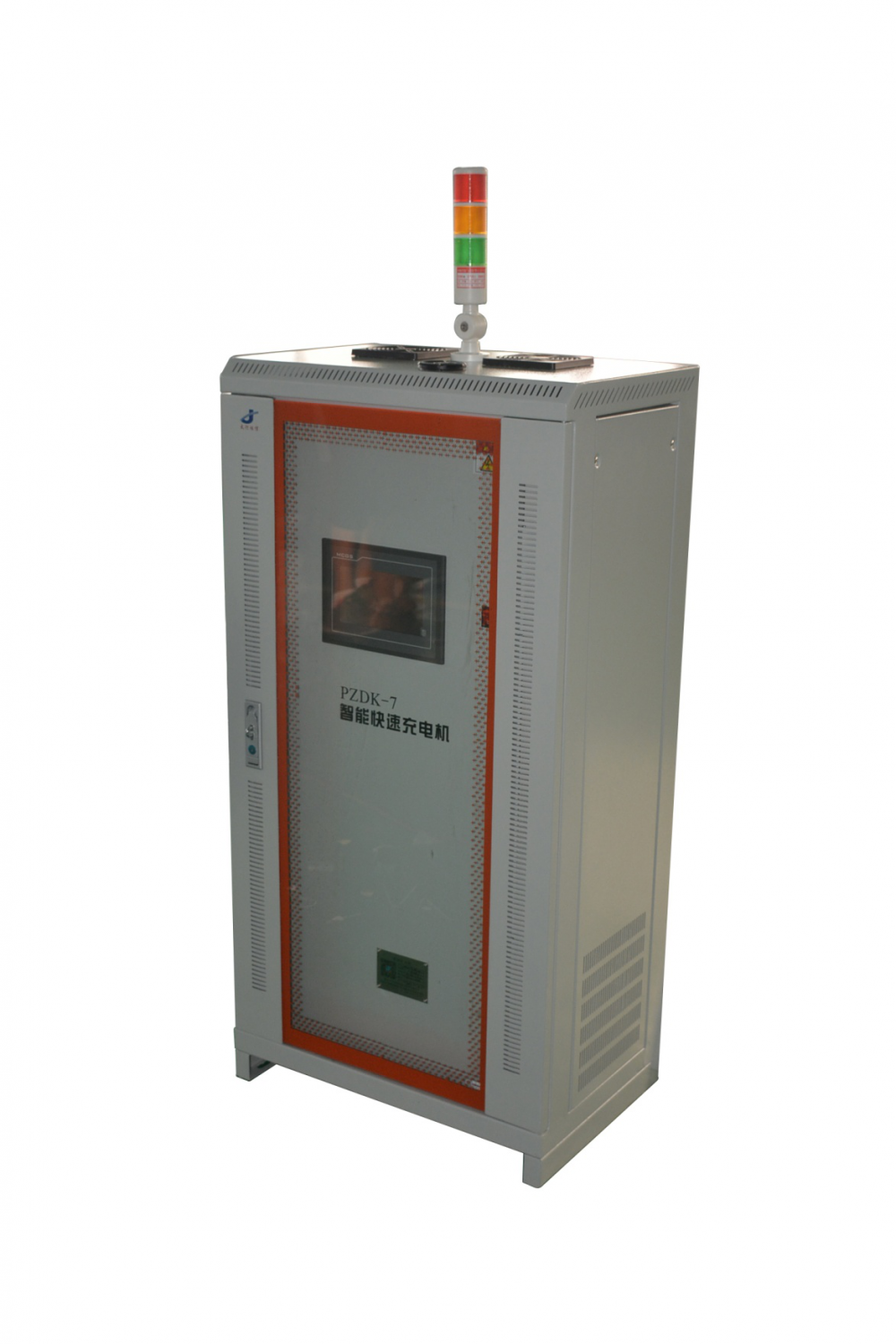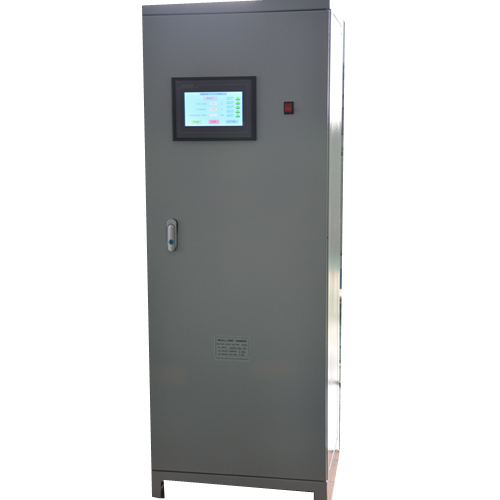After the parent company Unicom Group was included in the mixed reform pilot list, China Unicom's share price was rising. After the stock price soared 5.35% on November 16, China Unicom continued to rise more than 4.55% on November 17, and closed at 5.97 yuan / share. The industry generally speculates that the powerful Internet giants BAT (Baidu, Alibaba, Tencent) may participate in the China Unicom Group's mixed ownership reform (mixed change). At present, China Unicom and BAT have signed a strategic cooperation framework agreement. On the specific path, Wang Xiaochu, chairman of China Unicom Group, during the helm of China Telecom, has made corporate assets such as Tianyi video and colorful interactive, and injected them into listed companies to complete the mixed reform. There is speculation that Wang Xiaochu may copy this idea after the Unicom Group has changed its mix. However, a telecommunications company executive recently analyzed in an interview with a journalist. From the situation that Unicom was included in the first batch of mixed-reform list, it should not be the level of the company that was introduced after the company’s business was established. It involves the introduction of foreign capital at the level of Unicom Group or listed companies. Independent telecom analyst Fu Liang further said that China Unicom's mixed-reform plan has been prepared for a long time, and multiple sets of plans should be prepared for approval by the higher authorities. "The plan should mainly focus on solving the financial dilemma of China Unicom's development. From this level, It is more likely that group companies or listed companies will introduce external capital." In this regard, China Unicom's response is still, now the outside world speculation, China Unicom's attitude is open, but no new news is released. On September 28th, Liu He, deputy director of the National Development and Reform Commission, presided over a special meeting to study and deploy the relevant work of the state-owned enterprise mixed ownership reform pilot. The central enterprises of China Eastern Airlines Group, China Unicom Group, China Southern Power Grid, Harbin Power Group, China Nuclear Construction, China Shipbuilding and the responsible comrades of the Zhejiang Development and Reform Commission made detailed introductions on the implementation plan of the first batch of mixed ownership reform projects. On the evening of October 9, China Unicom (600050) announced that the controlling shareholder Unicom Group is studying and discussing the implementation plan of the mixed ownership reform in accordance with the spirit of the meeting and the spirit of relevant national policies. Unicom Group was included in the first batch of pilot projects for mixed ownership reform. It has not yet been finalized, and there are still uncertainties. The specific implementation plan is still under discussion. Since then, China Unicom Group has participated in the first batch of mixed-reform pilots, which has caused widespread concern in the market. In particular, the three major Internet companies headed by Baidu, Ali and Tencent are considered to be the most likely to participate in China Unicom's mixed reforms. Coincidentally, BAT signed a strategic cooperation agreement with China Unicom in November. On November 12, China Unicom and Alibaba signed a strategic cooperation framework agreement in Hangzhou. The content disclosed by both parties shows that in-depth cooperation in the fields of basic communication services, mobile Internet and industrial Internet has accelerated the supply-side structural reform for the mobile Internet. On November 2nd, China Unicom and Baidu signed a strategic cooperation agreement in Qingdao, Shandong. The cooperation content announced by both parties shows that the two sides will carry out in-depth cooperation in the fields of mobile Internet, artificial intelligence, big data, and communication basic services to jointly accelerate the transformation and development of enterprises in the era of mobile Internet. Wang Xiaochu said that Baidu is an Internet company with strong innovation capability and development potential in China. It is at the leading level in the fields of search, artificial intelligence, cloud computing and big data. Mobile Baidu, Baidu 糯米, Baidu map and other products are getting closer and closer to Unicom's various businesses at this stage, but it is worth looking forward to the next phase of cooperation between the two parties, and the deep integration with artificial intelligence technology. It is worth mentioning that China Unicom also recently launched a “Tencent King Card†in conjunction with Tencent – ​​a targeted traffic package for Tencent applications. The traffic generated by users of this package when using Tencent applications, such as QQ, Tencent video, QQ music, and Tencent games, is free. Fu Liang, an independent telecommunications analyst, believes that "from the content of the agreement, more services are provided by operators to Internet companies, and the traditional business of operators is cultivated. China Unicom is more or more technical." Fu Liang believes that The outlook based on the future is biased. For example, Baidu emphasizes that artificial intelligence replaces Unicom's customer service personnel. It is not an urgent solution for China Unicom. China Unicom officially responded that China Unicom and BAT signed a strategic cooperation agreement is more business cooperation, and even Unicom and many governments have signed a strategic cooperation agreement, which is not the same as mixed reform. However, Fu Liang also believes that China Unicom emphasizes that the partners to be introduced must be strategically complementary, so there will be deep cooperation at the business level in the future. “Cloud services, video resources, and Unicom reading, music and other businesses can introduce capital cooperation.†Public information shows: Unicom Group has corporatized applications such as app stores, music bases, and reading bases. Some analysts believe that after these businesses are corporatized, foreign capital may be introduced for mixed reform. Wang Xiaochu carried out such a mixed change path during the telecommunications period. In July of this year, China Telecom's listed company No. 100 Holdings (600640) announced a restructuring plan. The company intends to purchase Tianyi video and colorful interactions held by 14 counterparties such as Telecom Group by issuing shares and paying cash. Tianyi Reading and Love Animation and other four companies each have 100% equity, and the underlying assets are valued at a total of 3.896 billion yuan. Fu Liang said that Wang Xiaochu’s implementation of this mixed reform in telecommunications was affirmed by the State-owned Assets Supervision and Administration Commission of the State Council. There should be no obstacles in the implementation of such a mixed reform in China Unicom. "But such introduction of funds is relatively slow. In addition, the funds raised will be relatively small, and it will not solve the current shortage of funds in Unicom." Fu Liang said. Fu Liang said that from the current situation of China Unicom, the competitiveness is relatively weak, especially the shortage of funds. Among the three major operators, China Unicom is the most lacking in money. With money, it is possible to build a network and start marketing. China Mobile is spending money last year. China Telecom is spending this year's money this year, and China Unicom is spending the next year's money. Without tens of billions of dollars in investment, it is difficult for China Unicom to narrow the gap with its competitors. According to the third quarterly report, from January to September this year, China Unicom completed revenue of 207.1 billion yuan, down 2.3% year-on-year; net profit attributable to the parent company was 490 million yuan, a year-on-year decrease of 81.8%. At the same time, China Unicom is increasing investment, sales expenses increased by 14.3% to 25.43 billion yuan; network operation and support costs also increased by 32.0% over the same period last year. "China Unicom should tend to introduce capital from the listed company or group level to solve the capital shortage problem." Fu Liang said. However, he also mentioned that due to the huge demand for funds, BAT may not be willing to pay so much money to fund, and does not rule out that investment companies at the national level will invest in Unicom and participate in mixed reforms. China Unicom officials still stressed that "multiple high-level executives have responded publicly to the public, and there is no new information to disclose." On November 3, at the China Unicom Qingdao Conference, Jiang Zhengxin, deputy general manager of China Unicom, said in response to questions from the media about the reform of China Unicom's mixed ownership system. China Unicom's mixed-reform plan is still in the negotiation stage. When will it be conducted? Inconclusive. Shao Guanglu, another deputy general manager of China Unicom, said that in terms of the need for Unicom's mixed-change business to complement business, it is not just Baidu. Internet companies and China Unicom have strong complementarities in their business.
The PZDK series lithium battery smart charger has a flexible human-machine dialogue function and is a human-machine interface with a color touch screen. It is a smart charging device developed according to the battery pack (group) charging technology requirements of AGV (Automatic Guide Vehicle). It uses a microprocessor as the main control unit for intelligent charging of AGVs and other electric vehicles.
Lithium Ion Battery Charger,Lithiumion Battery Charger,Intelligent Fast Charger,Lithium Battery Charger Xinxiang Taihang Jiaxin Electric Tech Co., Ltd , https://www.chargers.be



